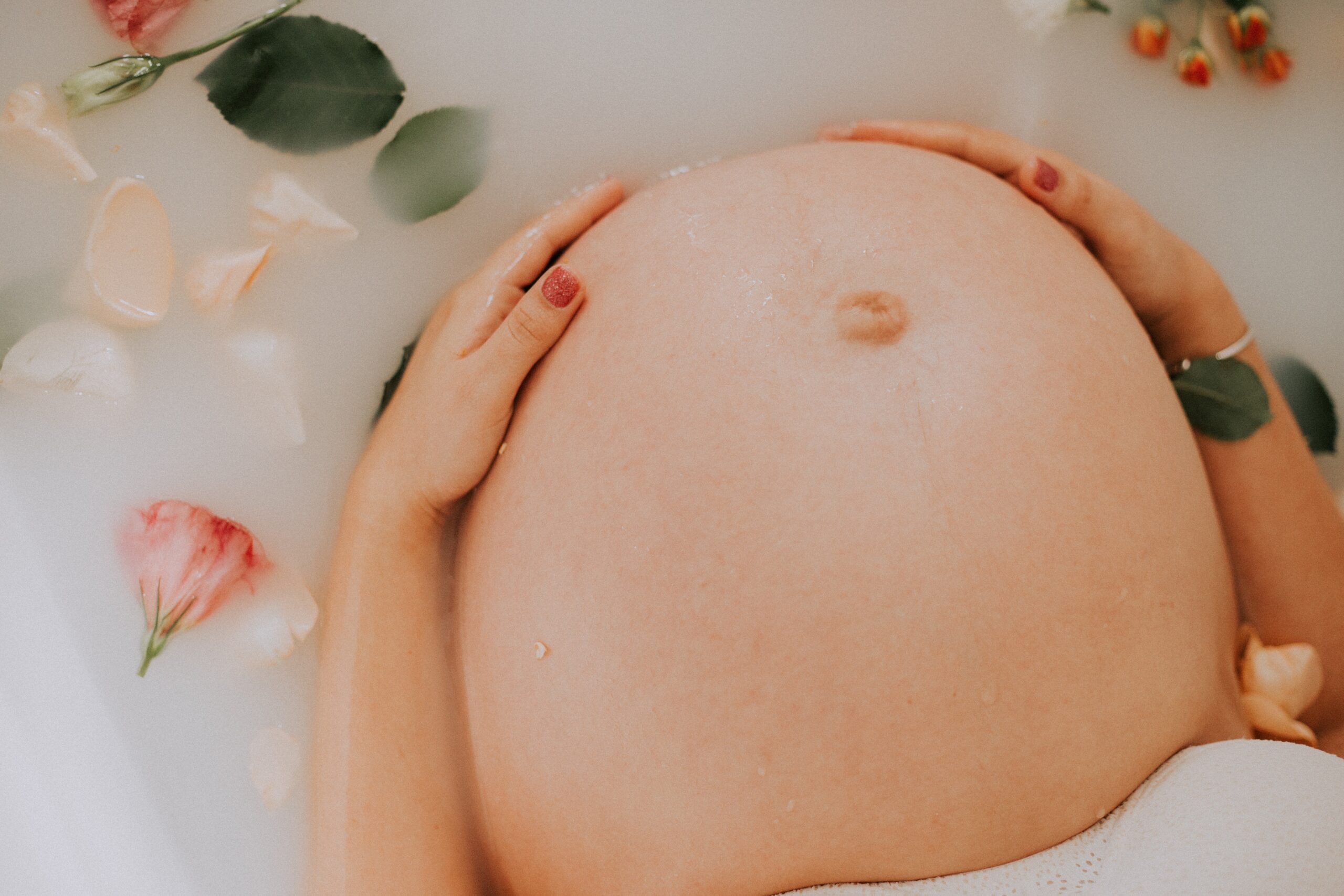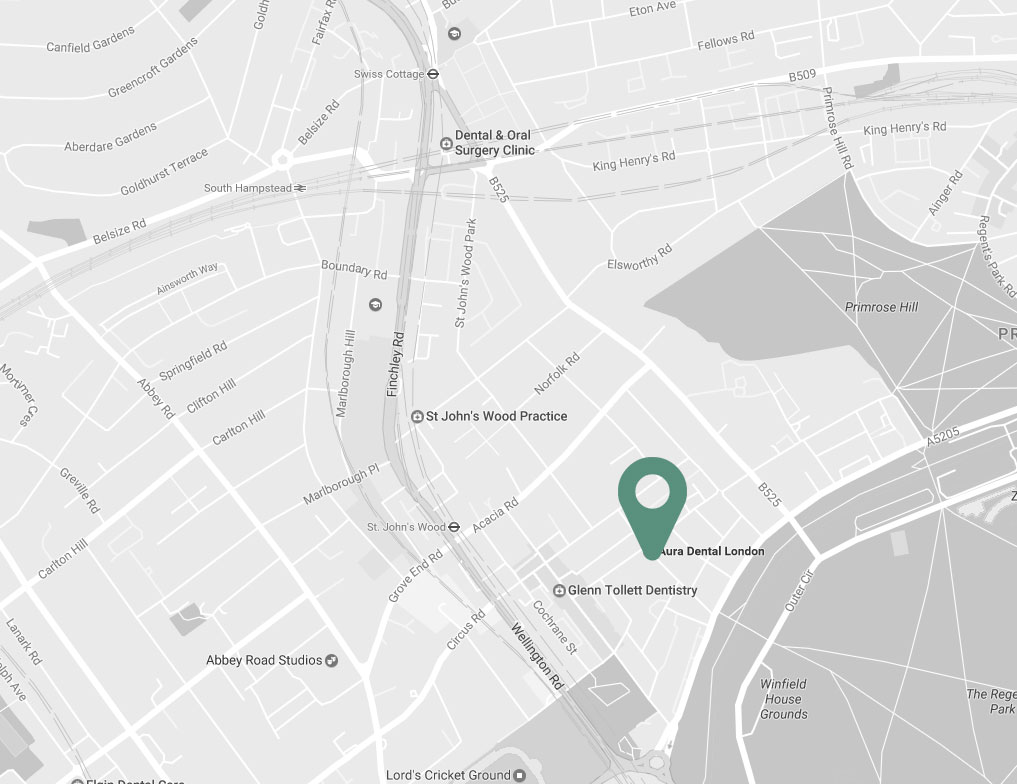One of the most common causes of infertility is toxin excess and poor detoxification. Toxins are everywhere; in the air that we breathe, pollution, heavy metals, pesticides in food, toxins from plastics, cookware, cleaners, cosmetics, skin care products, and high street supplements.
How toxins can affect your baby
Most health conditions start before birth due to toxic exposure during pregnancy.
Through the placenta, our babies don’t only get important nutrients, but also loads of toxins that we are exposed to in pregnancy and that are stored in our bodies. Pregnancy increases the “leaching” of stored toxins (like PCBs, heavy metals, dioxins) from safe places. This can not only negatively affect our and the baby’s hormonal levels, but also place the foetus at risk in many different ways.
Birth defects and hormonal issues in babies have increased dramatically in recent years due to toxins, like triclosan. Toxin accumulation can lead to infertility, miscarriage, and affect development.
Should you do a detox before getting pregnant?
A comprehensive detox plan is suggested for every woman willing to get pregnant, whether you are dealing with infertility or not. If you have been exposed to lots of toxins or if you are struggling with infertility, we can run specific toxin tests in clinic to ensure a healthy and successful pregnancy.
We test for heavy metals, environmental toxins, endocrine disruptors, free radicals, genetic ability to detoxify, and the liver’s detoxification capacity. Then we will carefully plan a personalised detoxification protocol for the next couple of months.
If you have symptoms or conditions suggesting excessive amounts of toxins, like chronic fatigue, headaches, rashes, fibromyalgia, autoimmune conditions, or known toxin exposures, then a holistic nutritional protocol is highly recommended.
Our aim is to identify and eliminate toxin exposure while supporting the body’s own natural detoxification processes through a healthy, wholesome diet, herbs and nutritional supplements.
Which supplements support natural detoxification?
Some common and very safe supplements that support natural detoxification are:
- NAC and liposomal or IV Glutathione
- Vitamin C
- Green algae (like chlorella)
- Other binders like activated charcoal and zeolite
- Coriander tinctures
- Antioxidants and antioxidant-rich foods, such as brightly coloured fruit and veg and cruciferous vegetables
- B-complex vitamins
- Amino acids
- Citrus peels
- Rosemary
- Milk thistle or artichoke
- I3C and DIM or cruciferous vegetables
The nutrients and chemicals used will depend on your individual detox capacity profile and toxin accumulation.
The three to six-month preconception health plan at-a-glance
There are many things you can do prior to becoming pregnant to optimise your health and reduce your toxic body burden. Detoxification during pregnancy is not safe, so most of the work needs to be done in advance.
- Eat organic and seasonal as much as possible, or at least follow the Clean 15/Dirty 12 lists of the Environmental Working Group (EWG).
- Drink filtered water and eat only low-mercury fish, such as small and oily fish (you will get a thorough list of fish and seafood).
- Eat a diet very rich in vegetables and fruit, especially leafy green vegetables (kale, chard, broccoli, spinach, rocket, beet greens), sufficient and high-quality protein, healthy fats and oils (olive oil, coconut oil), organic berries (frozen) and other antioxidant-rich foods, raw nuts and seeds, and a small amount of low GI carbohydrates from root vegetables or whole grains. You will be given extensive lists for all the above, meal plans, as well as shopping lists and links for recommended products.
- Take a high-quality prenatal multi (most out there lack one thing or another!) that has sufficient amounts of methyl folate, omega 3, choline and vitamin D. If not sufficient levels, you should take some extra supplements and a high-quality probiotics, as the gut and vaginal flora worsen during pregnancy.
- Phospholipids are important for a brainy baby! Supplements ensure a safe pregnancy and prevent the mother from nausea, gut issues, and gestational diabetes.
- Use only natural, organic cosmetics and body products (I can even teach you how to make your own!)
- Use only natural, organic household cleaners. You can clean everything with baking soda, lemon/vinegar and essential oils for a great aroma!
- Avoid plastic food containers, non-stick pans, cling film wrap, aluminium foil, and cans lined with plastics. You will get a comprehensive guide to a toxin-free life!
- Support your body’s optimal detoxification and natural fertility with foods, herbs, and supplements. Herbs need to be discontinued at the time of conception unless otherwise told.
- Aim for healthy weight prior to pregnancy with help of your nutritional therapist.
- Practice stress management techniques (we will discuss lots about stress!), and the obvious: no alcohol and smoking!
We will also discuss any medications you are on. Even seemingly “safe” medications like analgesics have been linked to increased problems for babies including autism, and ADHD. We will discuss safe and effective alternatives if needed.
While the issue of toxicity is a significant factor for a successful pregnancy. we can definitely and successfully decrease our toxic body burden with smart choices and a feasible plan for our health and the health of future generations.
References
- Diet and Male Fertility: The Impact of Nutrients and Antioxidants on Sperm Energetic Metabolism: https://pubmed.ncbi.nlm.nih.gov/35269682/
- Environmental toxic metals in the placenta and their effects on preterm delivery-current opinion: https://pubmed.ncbi.nlm.nih.gov/30257569/
- Delay in oocyte ageing in mice by the antioxidant N-acetyl-L-cysteine (NAC): https://pubmed.ncbi.nlm.nih.gov/22357770/
- Female Fertility and Environmental Pollution: https://pubmed.ncbi.nlm.nih.gov/33256215/
- Effect of heavy metals on epididymal morphology and function: An integrative review: https://pubmed.ncbi.nlm.nih.gov/34848222/
- Heavy metals and fertility: https://pubmed.ncbi.nlm.nih.gov/9726782/
- Cadmium toxicity: effects on human reproduction and fertility: https://pubmed.ncbi.nlm.nih.gov/31129655/
- Environmental and occupational exposure of metals and female reproductive health: https://pubmed.ncbi.nlm.nih.gov/34558053/
- Environmental Exposure during Pregnancy: Influence on Prenatal Development and Early Life: A Comprehensive Review: https://pubmed.ncbi.nlm.nih.gov/33735860/
- Pre-conception Folic Acid and Multivitamin Supplementation for the Primary and Secondary Prevention of Neural Tube Defects and Other Folic Acid-Sensitive Congenital Anomalies: https://pubmed.ncbi.nlm.nih.gov/26334606/
- Female Fertility and the Nutritional Approach: The Most Essential Aspects: https://pubmed.ncbi.nlm.nih.gov/34139003/
- Polycystic Ovary Syndrome in Insulin-Resistant Adolescents with Obesity: The Role of Nutrition Therapy and Food Supplements as a Strategy to Protect Fertility: https://pubmed.ncbi.nlm.nih.gov/34071499/
- Antioxidants in fertility: impact on male and female reproductive outcomes: https://pubmed.ncbi.nlm.nih.gov/30196940/
- Antioxidants for female subfertility: https://pubmed.ncbi.nlm.nih.gov/28752910/
- Strategy to improve female fertility in the general gynaecologist’s office: use of a nutritional supplement based on myo-inositol/D-chiro-inositol and antioxidants: https://pubmed.ncbi.nlm.nih.gov/34931570/
- Effects of N-acetyl-cysteine supplementation on sperm quality, chromatin integrity and level of oxidative stress in infertile men: https://pubmed.ncbi.nlm.nih.gov/30771790/
- Does coenzyme Q10 supplementation improve fertility outcomes in women undergoing assisted reproductive technology procedures? A systematic review and meta-analysis of randomised controlled trials: https://pubmed.ncbi.nlm.nih.gov/32767206/
- Counteracting effects of heavy metals and antioxidants on male fertility: https://pubmed.ncbi.nlm.nih.gov/33761043/
- The role of the placenta in fetal exposure to heavy metals: https://pubmed.ncbi.nlm.nih.gov/22717874/
- Diet and fertility: a review: https://pubmed.ncbi.nlm.nih.gov/28844822/
- The Role of Zinc in Male Fertility: https://pubmed.ncbi.nlm.nih.gov/33096823/


